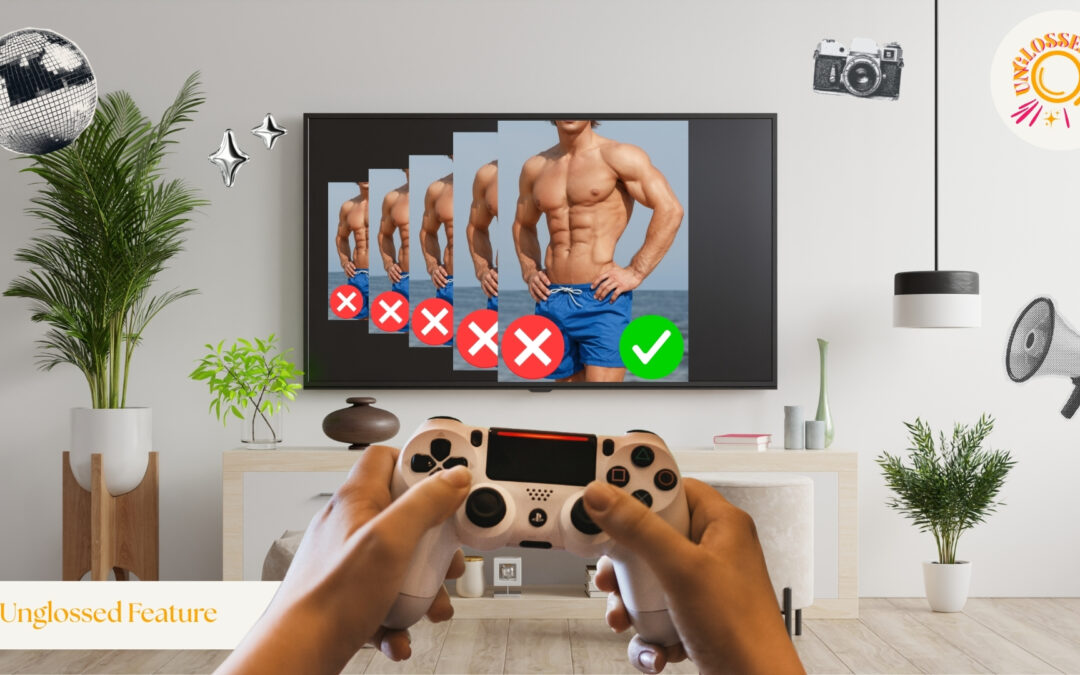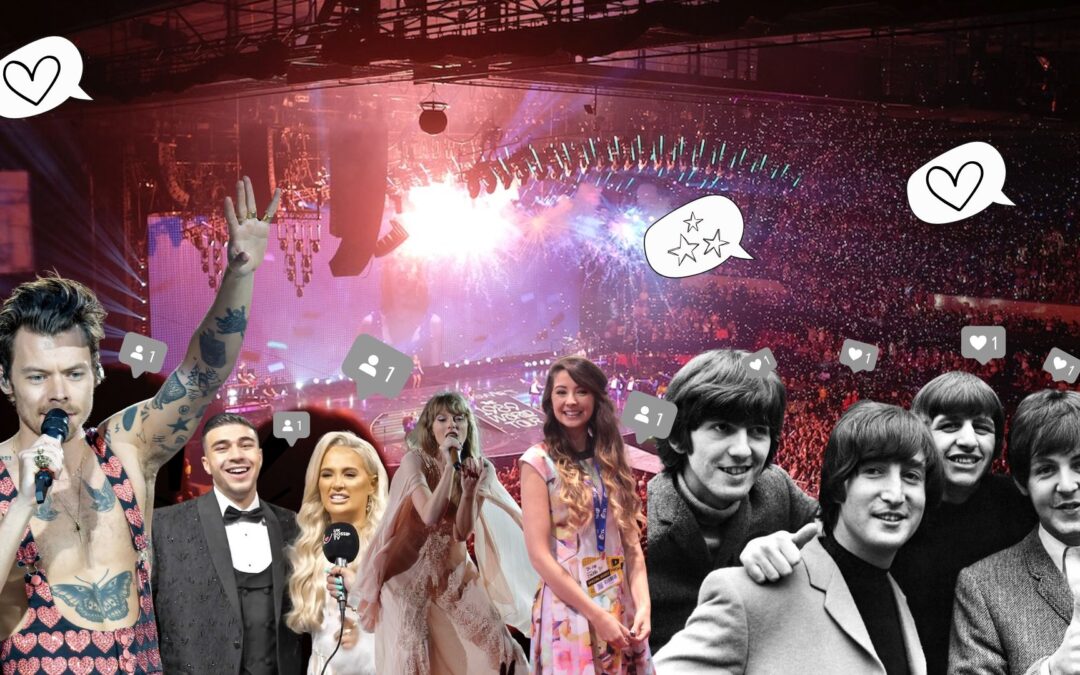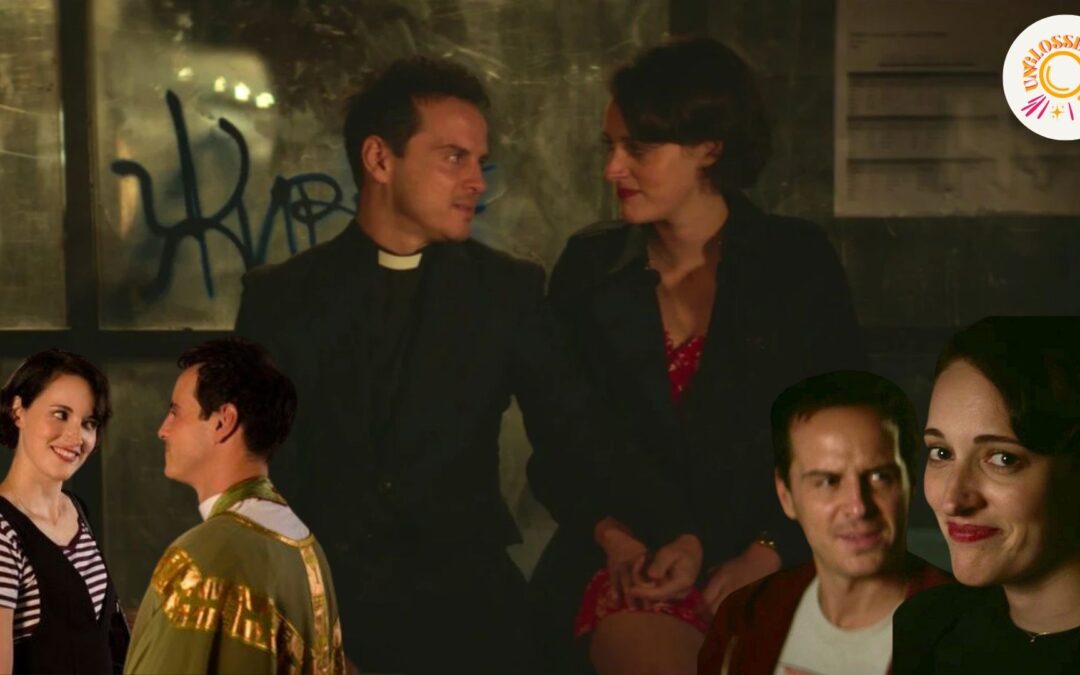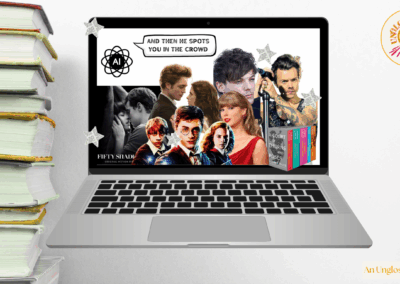It can be hard to recognise your own bias, that’s kind of the point. But when a show like Love Island is ridiculed in the way it is, it’s probably about time to try. Unglossed explores how class and accent bias could be shaping your perception of the Islanders.
Love Island has often faced criticism for only promoting a very specific array of voices, bodies, and classes. Black contestants like Indiyah Polack and Yewande Biala have spoken out about the lack of air time they received during there time on the show. And of course, people can’t help but speculate whether the reasoning behind this stems from biases about what is or isn’t ‘Love Islandy’ enough.
Love Island can certainly be guilty of constructing a televised version of Britishness which is highly curated, and often excludes people who fall outside its very specific and strict boundaries. And whilst some progress has been made- at least on the surface, highlighted by Mimi and Josh’s win in season 11 (2024) as the first black couple to win the show. There is still a lot to unpack when it comes to diversity and equality.
Even when you dive into the show’s most popular contestants, the majority of them have southern accents, or at least neutral middle class tones. For instance the ultimate Love Islander Molly Mae. Whose unique success following the show isn’t something that needs breaking down. Then there’s Zara Mcdermott and Chris Hughes, both who have gone on to feature on other hugely popular shows- Zara on Strictly in 2023, and Chris on celebrity big brother this year.
Molly Evans, a linguist from Cardiff tells us that Howard Giles 1975 Capital Punishment theory is useful for understanding why this is.
She explains: “He found that a received pronunciation (RP) accent was consistently the most impressive to people, and therefore the most trustworthy. Whereas regional accents were consistently less well received- some were even labelled as ‘jarring’ or ‘annoying’.
“He found that ultimately, everyone benefits from having a posh accent, and not having one can put you at a disadvantage.That could be why we see the Love Islanders with middle class accents being more successful, because unconsciously we trust them more.”
And she’s right, because we cannot think of many super successful ex- Islanders who have a thick regional accent. Grace Jackson who was a fan favourite in the most recent series of Love Island All Stars has become relatively popular despite her Manc accent, but that’s mostly in the world of influencers and fast fashion- she’s yet to break into the more conventional or traditional side of media. Plus, she’s an incredibly attractive, blonde woman, therefore you cannot help but wonder whether she would’ve been as popular had this not been the case.
And then you have poor Hayley Hughes, the blonde bombshell from series 4, who got ripped into by Piers Morgan on ITV, for not understanding the process of England leaving the European Union. Bear in mind that in 2019 YouGov’s polls found that only 3 in 10 Brits said they understood the term Brexit. Therefore, we can’t help but wonder if the reason she got so much hate was because of her scouse accent, and the presumption that because she was a blonde, dolled- up woman from Liverpool, she couldn’t possibly be smart.
Then you have contestants from the North of England or Scotland, like Anton Danyluk, Messy Mitch or Sam Gowland, who get labelled as banter boys, but never seem to be anything more than comic relief. These boys rarely win, or become a romantic lead. Perhaps this is a byproduct of their personalities and approach to love, but it’s undeniable that their accents aid this narrative because you can’t help but find them hilarious, even when they aren’t trying to be.
Would Maura Higgins iconic “they asked you a question, maybe you should’ve been a gentleman”, or Grace Jacksons’ “Bore off man” have been as impactful if they had marked RP posher than posh accents? I’d hazard a guess and say no.
Likewise, would we all be quoting Curtis Prichard “I want to be the person to make everyone a coffee so everyone is ready for the morning.” If he didn’t have that nasally northern accent?
Molly explains “The academic Lindsay Johns is very extreme in his perspective on regional accents, she says that if you don’t speak in the standard way, it can really minimise your social mobility and career aspects. Which would explain why the cast seem to be put into these boxes of the type of people they are, no matter what they do or say.
“This bias is why there are always conversations and shock when a good- looking woman with a regional accent says they work in a bank, or for the council, rather than as a beautician.
“Being aware of accent bias can be such a useful tool to stop us getting too wrapped up in stereotypes, and trying to redefine in our brains what is or isn’t a good accent is really important, especially before you make a snap judgement of someone you see on TV.”
Ultimately, accents become a form of class coding: posh = desirable, northern or working-class = entertaining but rarely the romantic lead. And whether we realise it or not, we hold a whole load of unconscious biases against particular accents, even when we don’t mean too. In some ways, the villa becomes a microcosm of the nation, one where certain voices, bodies, and desires are given a spotlight, while others are edited out. It will definitely be interesting to see if Love Island 2025 is any different.
For more Love Island content, check out episode 1 of the Unglossed podcast.











